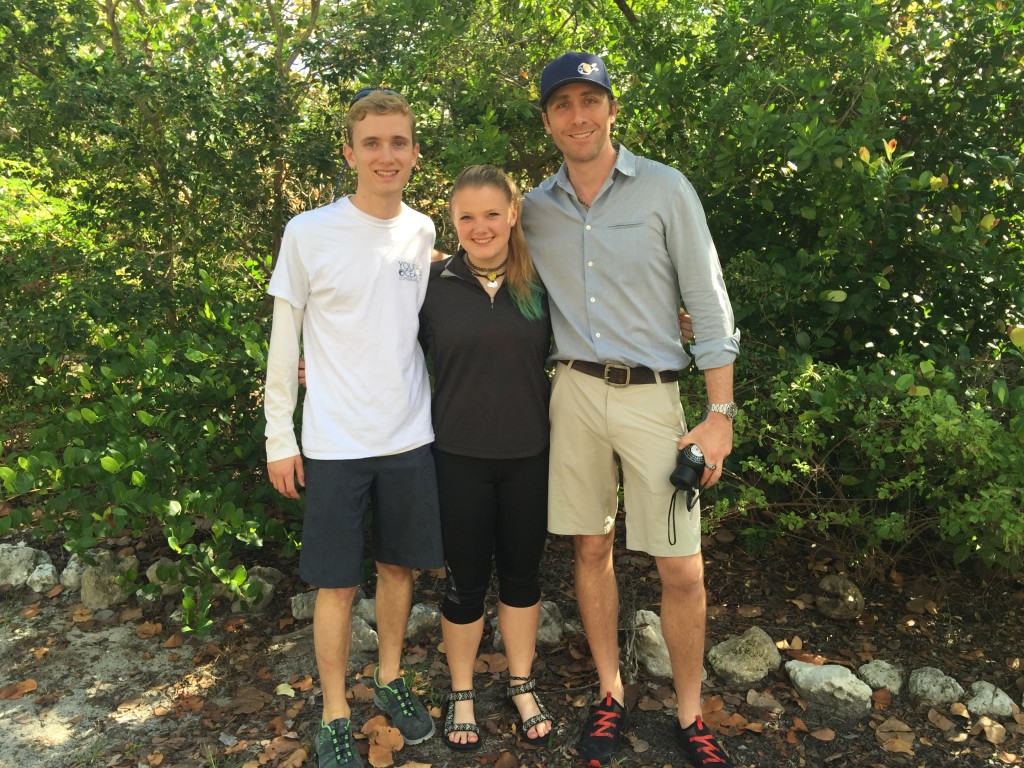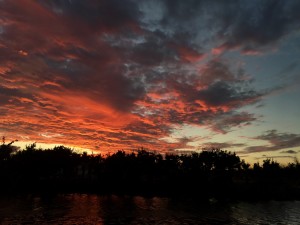Yale Climate Connections
I am honored and pleased to share with you that The Sink or Swim Project’s work has been featured on two national programs produced by the Yale Climate Connections (YCC). YCC is a project of the Yale Center for Environmental Communication (YCEC) and is directed by Dr. Leiserowitz of the Yale School of Forestry & Environmental Studies at Yale University.
YCC produces daily broadcast radio and web-based reporting and commentary about climate change and like me, YCC sees the threat of our planet’s changing climate as one of the greatest challenges our society faces. YCC’s programs are aired nationwide on about 380 radio stations and are also available through iTunes and iHeartRadio.
Youth all over the world are rightfully deeply concerned about our warming planet and the impact that it has on our future. Yale University and the folks at YCC certainly understand this and with this in mind have published two radio stories about my work that I am very pleased to share with you.
1. To listen to the first piece about The Sink or Swim Project in general, please visit this link: https://www.yaleclimateconnections.org/2018/01/south-florida-teen-speaks-out-on-sea-level-rise/
2. To listen to the second piece about how a teenager worked with a local municipality to make history by creating a solar power mandate that helps move The Sunshine State of Florida towards becoming THE Solar State, please visit this link: https://www.yaleclimateconnections.org/2018/01/teen-gets-city-to-pass-solar-rules/
I do hope you will give them a listen or read and let me know what you think. And most importantly, please share these shows with others and ask that they become engaged in their own communities. Together, but only together, we can and will change the world, of that I am certain.
Thanks to Dr. Leiserowitz, Jan O’Brien, Eileen Mignoni, and the entire team at Yale Climate Connections for thinking of me and for your incredible work for our planet and society.



